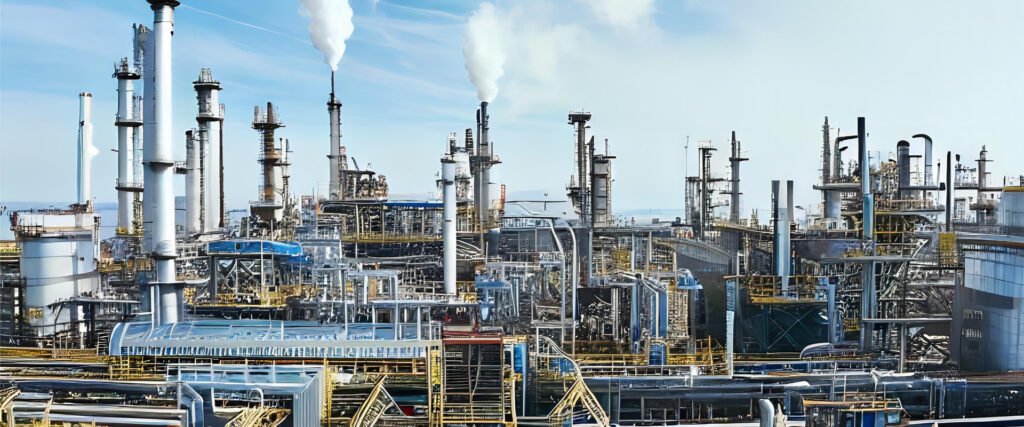Your cart is currently empty!
TEL:08615998857658

Additives used in hydraulic oil
Hydraulic oils may contain various additives to enhance their performance and longevity.
Description
Hydraulic oil additives play a crucial role in enhancing the performance, protection, and longevity of hydraulic systems. These additives are carefully formulated blends of chemicals designed to address specific challenges and requirements encountered in hydraulic applications. Here are some common additives used in hydraulic oil formulations and their functions:
1. **Anti-Wear Agents**: Anti-wear additives form a protective film on metal surfaces, reducing friction and wear between moving parts in hydraulic systems. They help prevent metal-to-metal contact, extend equipment life, and improve system reliability.
2. **Anti-Oxidants**: Anti-oxidants inhibit the oxidation of hydraulic oil, preventing the formation of sludge, varnish, and other oxidative by-products that can degrade oil performance. They help maintain oil stability, prolong oil life, and reduce the risk of equipment failure.
3. **Anti-Foam Agents**: Anti-foam additives help control foam formation in hydraulic systems, which can interfere with proper lubrication and cause air entrainment. They reduce foam stability and improve air release, ensuring efficient hydraulic operation and minimizing potential damage.
4. **Viscosity Index (VI) Improvers**: VI improvers help regulate the viscosity of hydraulic oil over a wide range of temperatures, ensuring proper lubrication and fluidity under different operating conditions. They maintain optimal viscosity characteristics, improve system efficiency, and reduce energy consumption.
5. **Rust and Corrosion Inhibitors**: Rust and corrosion inhibitors protect metal surfaces from corrosion and rust formation, particularly in hydraulic systems exposed to moisture and harsh environments. They form a protective barrier on metal surfaces, preventing corrosive reactions and extending equipment life.
6. **Demulsifiers**: Demulsifiers help separate water from hydraulic oil, facilitating the efficient removal of water contamination and preventing emulsion formation. They ensure clean oil-water separation, reduce the risk of water-related damage, and maintain oil performance.
7. **Detergents and Dispersants**: Detergents and dispersants keep hydraulic systems clean by dispersing and suspending contaminants such as dirt, sludge, and varnish. They prevent deposit formation, maintain system cleanliness, and ensure optimal hydraulic performance.
8. **Friction Modifiers**: Friction modifiers reduce friction between moving parts in hydraulic systems, improving energy efficiency and reducing wear. They enhance lubrication properties, minimize energy losses, and improve system response.
9. **Extreme Pressure (EP) Additives**: EP additives provide additional protection against metal-to-metal contact and wear under extreme pressure conditions encountered in hydraulic systems. They help prevent scoring, scuffing, and pitting of metal surfaces, particularly in high-load applications.
10. **Biodegradable Additives**: Biodegradable additives are used in environmentally sensitive applications to ensure hydraulic oils meet regulatory requirements and minimize environmental impact. They are designed to degrade naturally without harming the environment.
These additives work together synergistically to optimize the performance, protection, and reliability of hydraulic oils, ensuring smooth and efficient operation of hydraulic systems. Proper selection and maintenance of hydraulic oil additives are essential to ensure optimal performance and longevity of hydraulic equipment.





Reviews
There are no reviews yet.